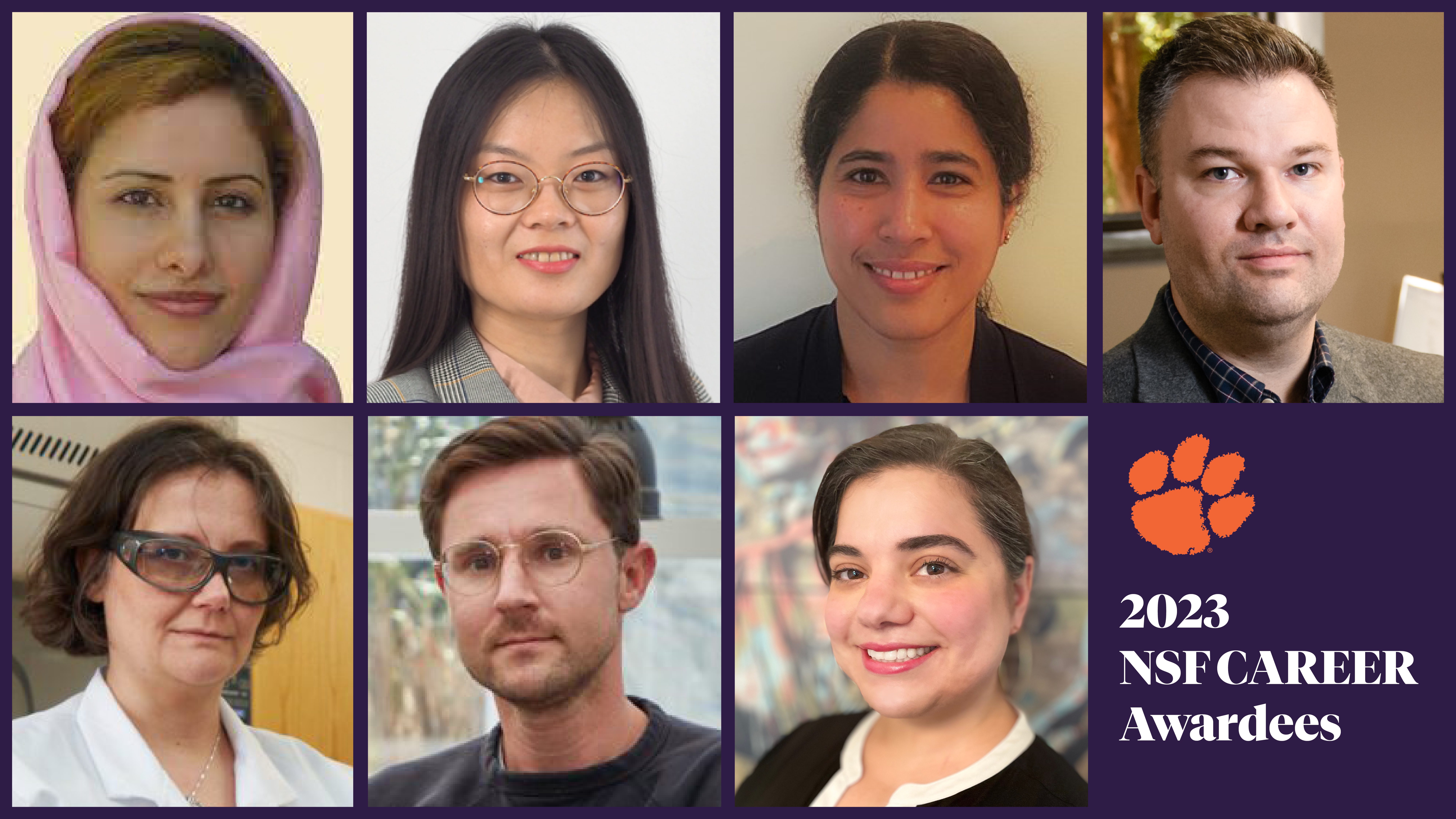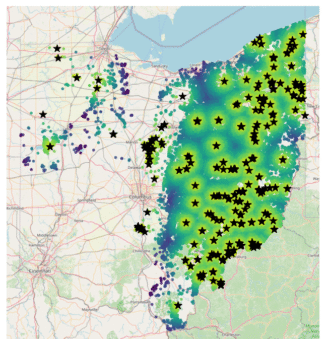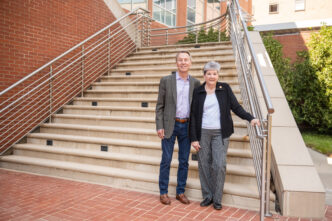Any professor who has ever applied for a National Science Foundation Faculty Early Career Development (CAREER) grant can attest to this: a submission for the national award is much more than a research proposal.
It’s a career development plan.
The goal of the grant is to fund faculty members early in their careers to promote their development into teacher-scholars. And the CAREER grant is among the most sought-after recognitions a young faculty member can receive. As an independent federal agency, NSF supports fundamental research and education across all fields, including science, math and engineering. In fiscal year 2022, its budget was $8.8 billion, and its funds reached all 50 states through grants to nearly 2,000 colleges, universities and other institutions. In 2022, NSF received 39,143 competitive proposals and funded about 28 percent.
To receive a CAREER award is to earn the NSF’s most prestigious award in support of early career-development activities. The agency funds about 500 CAREER awards annually, providing a financial stipend to support research activity for a period of five years. By extension, the scientists and researchers who receive the awards are widely considered the most likely to become the academic leaders of the 21st century.
Since 2013, Clemson has received 47 NSF CAREER awards. This year, an additional seven awards were granted to faculty representing four unique colleges. The Clemson grants represent a broad spectrum of interests and applications — from soil health and biodiversity to disaster recovery and computing curriculum in elementary schools to artificial intelligence as a better teammate.
The researchers of today. The academic leaders of tomorrow. Meet the 2023 CAREER awardees of Clemson University.
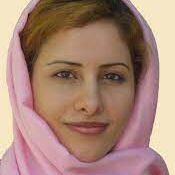
Fatemeh Afghah, associate professor of electrical and computer engineering in the College of Engineering, Computing and Applied Sciences, received a $541,949 NSF CAREER Award for research on the use of Unmanned Aerial Vehicles (UAVs) in disaster management operations to collect data and imagery to inform rescue teams. Current operations often involve a single UAV remotely controlled by a commander or pilots in a manned aircraft relatively close to the danger-zone. Afghah will work to develop frameworks for a network of fully autonomous multi-agent systems with minimum human interventions.
Golnaz Arastoopour Irgens, assistant professor of education and human development in the College of Education, received a $1.4 million NSF CAREER Award for a project to develop critical computing curriculum in elementary schools called CritComp Pop-ups, in which upper elementary students evaluate and develop AI technologies. The project will involve 500 students, teachers, school administrators and researchers in the design and implementation of the curriculum. The research will take place in an area with schools with a high percentage of African Americans and youth in poverty.
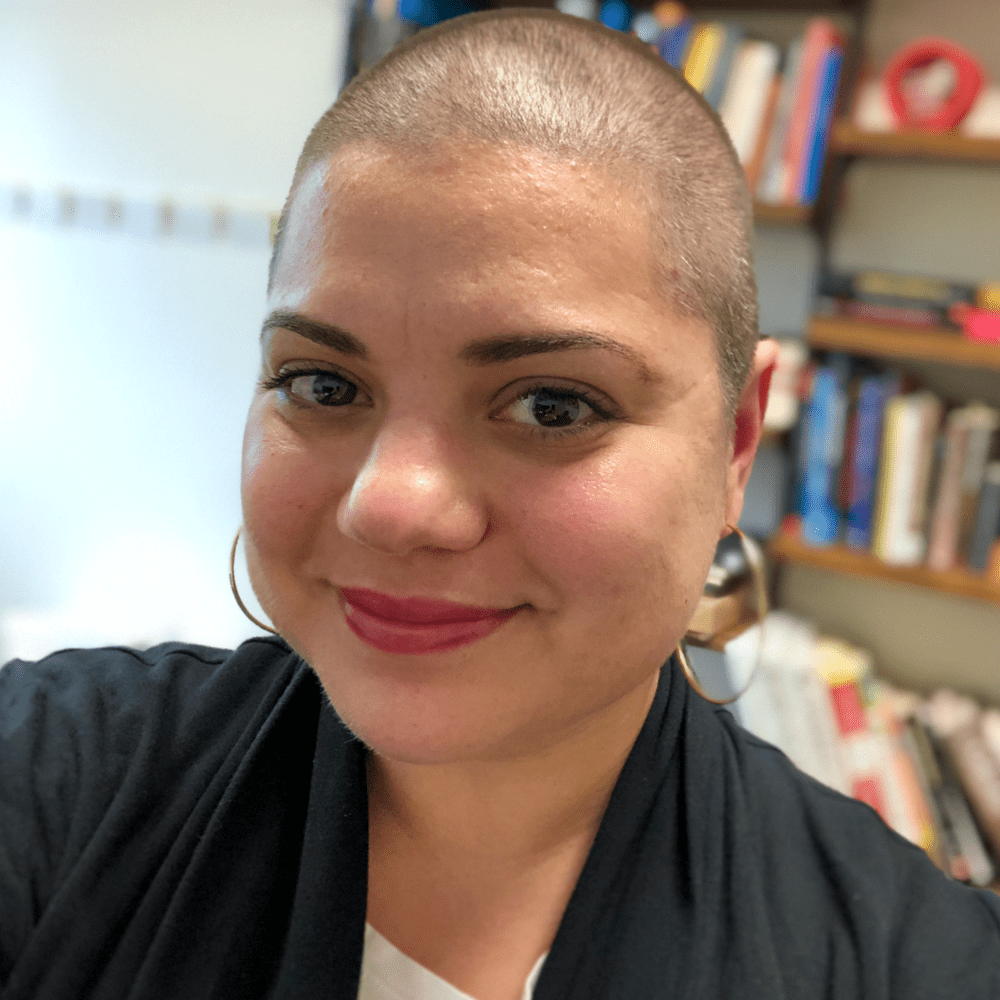

Matthew Koski, assistant professor of biological sciences in the College of Science, received a $1 million NSF CAREER Award for his study of the ecological and evolutionary processes that generate color diversity in flowering plants. As part of his CAREER project, Koski will mentor at least 10 undergraduates from Clemson’s Biological Sciences and Education programs through two newly formed Creative Inquiry (CI) courses. One group will use plots established in the Clemson Experimental Forest to conduct research and outreach with 4-H Junior Naturalists (K-12 students). The other student group will manage a Citizen Science project fueled by members of native plant societies in seven states.
Shunyu Liu, assistant professor of automotive engineering in the College of Engineering, Computing and Applied Sciences, received a $503,613 NSF CAREER Award for research on a novel hybrid in-situ rolled additive manufacturing (HI-RAM) technique to fabricate high-performance structural parts that could be used as critical components for many industries. This project will build partnerships with colleges, high schools, local manufacturers and manufacturing organizations to deliver professional training related to HI-RAM, aimed at motivating and preparing a high-quality manufacturing workforce. The project involves multiple disciplines, including advanced manufacturing, materials science, structural mechanics, and applied mathematics, and expects to broaden the participation of women and underrepresented minorities in STEM.

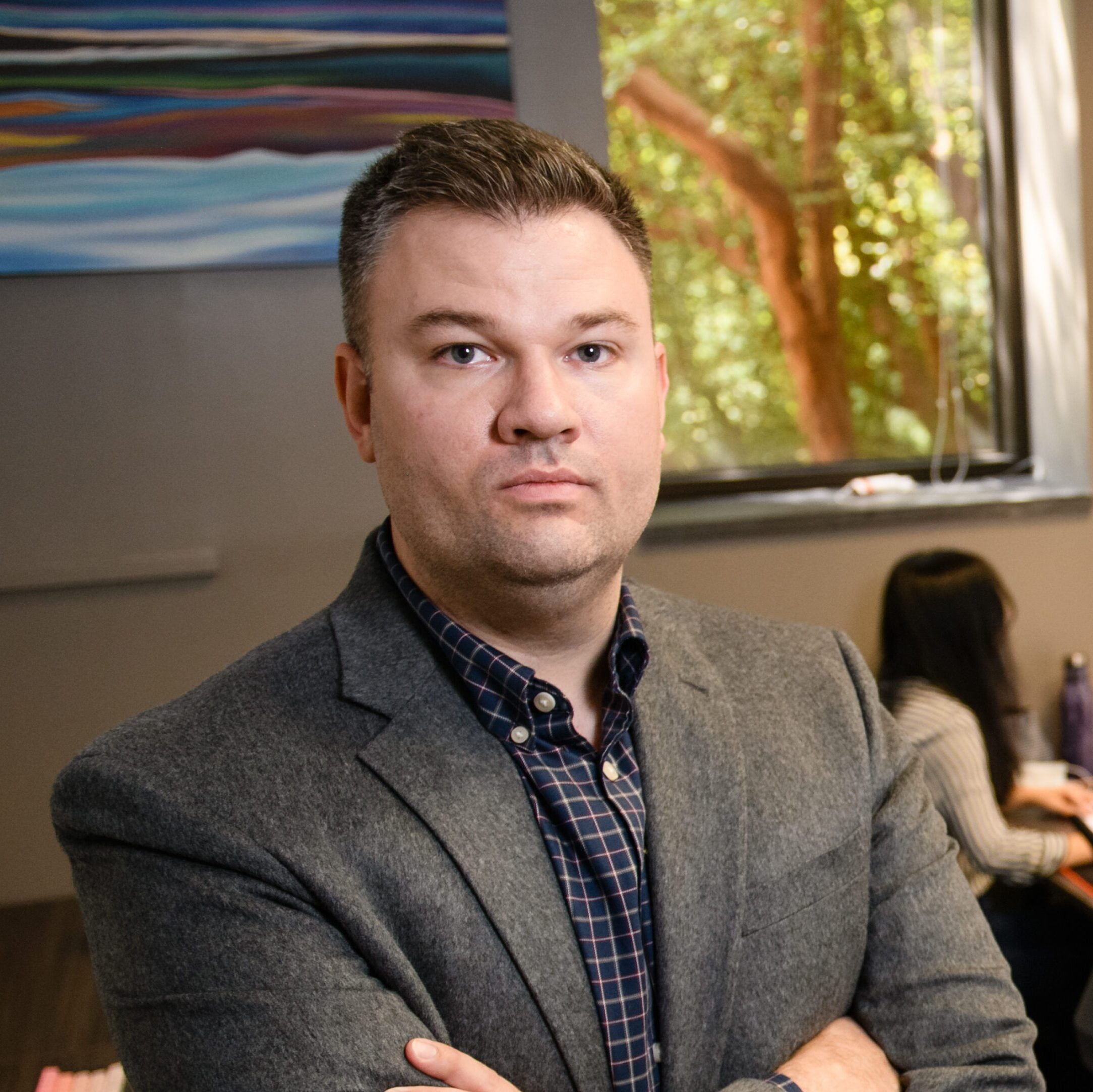
Nathan McNeese, the McQueen Quattlebaum endowed assistant professor of human-centered computing in the College of Engineering, Computing and Applied Sciences, received a $580,227 NSF CAREER Award to help make Artificial Intelligence (AI) a better teammate. AI is increasingly used to perform certain tasks alongside humans. Current task-oriented AI systems, however, lack the ability to learn, think and act in shared manners toward a common goal, a process called team cognition. McNeese will work to develop AI systems that act as good teammates with humans, making AI not only more effective, but more accepted and thus utilized.
Samantha Price, assistant professor of biological sciences in the College of Science, received a $1.3 million NSF CAREER Award to advance her research on the repeating themes and general principles governing the evolution of biodiversity. In addition, Price plans to increase research opportunities for underrepresented students through the creation of the Classroom-based Undergraduate Research Experience (CURE) lab. The CURE lab will increase the number of students experiencing research in the Department of Biological Sciences by 50 percent, with at least 250 students participating over five years.
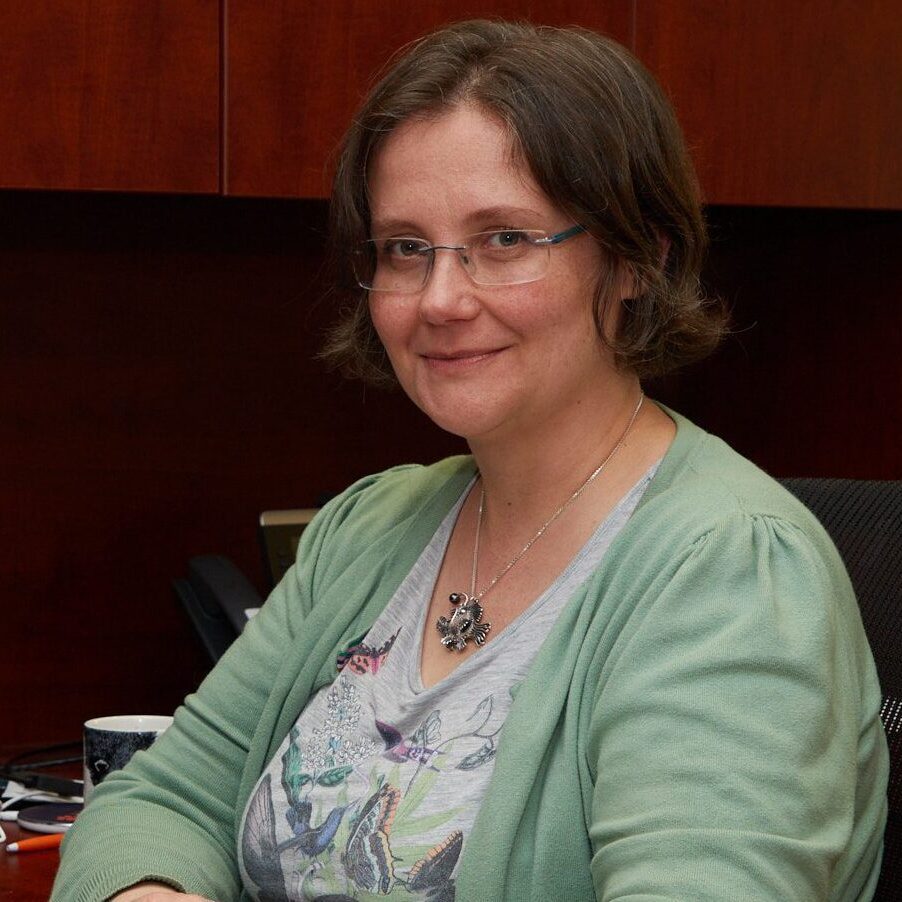

Vidya Suseela, assistant professor of plant and environmental sciences in the College of Agriculture, Forestry and Life Sciences, received a $1.2 million NSF CAREER Award for her research on soil organic carbon. Suseela investigates the effect of plant functional types on the quantity, composition and stabilization of soil carbon and the associated nutrient cycling for improving the soil health and productivity of agroecosystems. Her work aims to enhance soil health, thus improving agricultural productivity, food security and human health while reducing environmental pollution and mitigating climate change.
The Office of Research Development offers a six-month CAREER Academy to help untenured junior faculty craft competitive proposals for NSF CAREER awards. The Academy begins in January and concludes in July. Applications for the 2024 CAREER Academy will be accepted in November.
Many of Clemson’s past Early CAREER recipients have advanced to be some of Clemson’s most active researchers. For a full list of Clemson’s active and past CAREER award grants, visit our Division of Research page.

